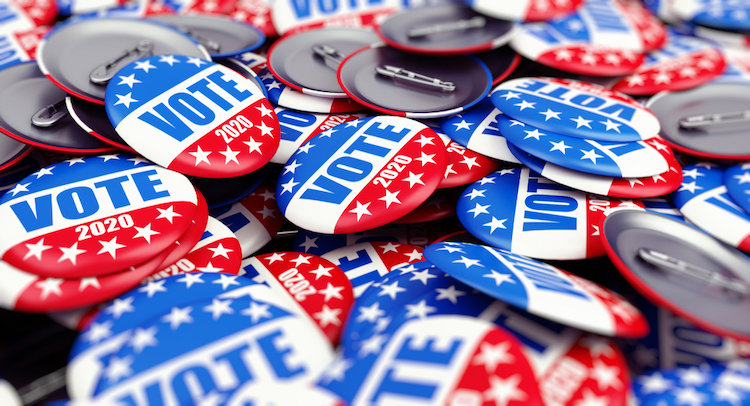Supreme Court will consider legality of Arizona voting restrictions, including 'ballot harvesting' ban

Image from Shutterstock.com.
The U.S. Supreme Court on Friday agreed to review two Arizona election policies that were struck down by a federal appeals court for violating the federal law protecting voting rights for minorities.
The court will consider whether the restrictions violate the Voting Rights Act in two cases consolidated for argument. At issue are a ban on “ballot harvesting” and a requirement for voting in the correct precinct.
SCOTUSblog, USA Today, the New York Times and the Associated Press have coverage; the cert petitions are here and here.
Arizona’s law banning ballot harvesting prevents third parties from collecting and turning in voter ballots, unless they are family, household members or caregivers.
The precinct measure requires election officials to discard ballots that are cast outside the voter’s assigned precinct on Election Day.
The en banc 9th U.S. Circuit Court of Appeals at San Francisco ruled in January that both policies have a discriminatory impact that violates Section 2 of the Voting Rights Act. The court also ruled that the ballot harvesting law was adopted with discriminatory intent in violation of the 15th Amendment, which gave Black men the right to vote.
The 9th Circuit stayed its ruling to allow the state to seek cert. As a result, both measures will remain in effect during the Nov. 3 election.
The Republican Party and Arizona Attorney General Mark Brnovich argue that the policies are race neutral and help prevent election fraud. The GOP also claims that the ballot harvesting policy was driven by partisan interests, rather than discriminatory intent.
One of the cert petitions asked the Supreme Court to decide not only whether the policies violate the Voting Rights Act but also whether the ballot harvesting law violates the 15th Amendment. The other cert petition asked for a decision on whether the Voting Rights Act compels states to authorize any voting practice that would be used disproportionately by racial minorities, even if existing voting procedures are race neutral.
Edward Foley, a professor at the Ohio State University’s Moritz College of Law, told SCOTUSblog that the cases give the Supreme Court the opportunity to clarify two questions. The first is how to weigh the burdens and benefits of voting restrictions, a doctrine known as Anderson-Burdick balancing. The second is whether Section 2 applies to denied votes, rather than redistricting decisions.
The cases are Arizona Republican Party v. Democratic National Committee and Brnovich v. Democratic National Committee.
See also:
ABA Journal: “Activists are fighting new voter suppression tactics in court”
ABAJournal.com: “Judges remain skeptical of GOP ballot fraud arguments; litigation keeps rules in flux”
ABAJournal.com: “Supreme Court allows Arizona to enforce law banning ‘ballot harvesting’”
ABAJournal.com: “Judge stays mail-in ballot suit after Trump campaign provides little evidence of fraud”



